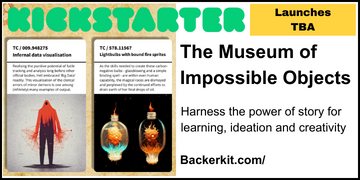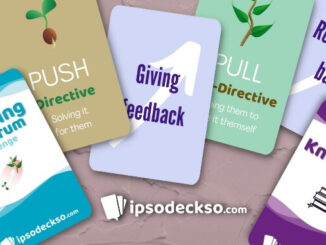
Identity can be a slippery concept, one that we often grapple with in different environments. Who are we? Who do we want to be? How are we perceived? Reflecting on identity can lead us to unknown places which can feel at once liberating and confusing whilst challenging to our confidence. What do we compromise on when we’re around certain people? What is our identity at work? How do we present ourselves? Knowing ourselves and then writing about it can feel like a steep mountain to climb and often there is nothing more daunting than writing a CV (resume). For many of us, it causes our shoulders to sag, our chest to tighten and our imagination to dry up. We put our sulking hat on and frown, arms crossed thinking; but I don’t want to! It’s not fun and it can feel awkward, especially when we can’t feel all our achievements or don’t know how to communicate all that we are capable of doing.
And that’s why I like to try and come at it from a gameful perspective. The primary reason being that games can make scenarios less scary and allow us to be more curious and creative instead of overwhelmed. The secondary reason being that games can externalise our thought processes which makes the job at hand feel much more manageable. Thirdly it helps us to see things differently, something we often need to do with writing a CV and getting out of our own head!
I’m going to take you through a case study about how we used Dungeons and Dragons (D&D) to rewrite a CV in a coaching space.
Rob* was in a job that he hated. He worked in the IT department and after 8 years there, people still didn’t get his name right. He felt undervalued, dejected and frustrated that he wasn’t being seen. It was a tough environment and his outlook wasn’t overly positive about the ‘what next’. As a result, the idea of updating his CV felt demoralising and uninspiring; he didn’t resonate with having any achievements in his role and he couldn’t see how his work would be relevant to getting out of his company and to what he really wanted to do – journalism.
Rob hadn’t shared a lot of what was happening for him at work to his friends and family as he was embarrassed about how he was being treated. It also really affected his mood which meant that thinking about it caused him to shut down. However, he wanted to make a change and decided to try out coaching, a safe space where he could share and explore how to improve his work life. One day, off the back of a coaching session with me, we identified that Dungeons and Dragons was a favorite game of his, primarily for the character creation, story arc and quests. A somewhat random fact but one that suddenly triggered in motion a connection between games and identity and ultimately, writing his CV.
For those that don’t know, a character sheet in D&D is something every player creates in order to play the game. This character sheet is essentially a CV for the adventurer world – it informs you (and reminds you!) of what inspires your character, what has affected them in the past, what their strengths are and what they believe in. It brings to life all the things your character cares about and as a result, you understand them which in turn informs the way you respond and react in the game when it comes to decision making.

And so, when we started to apply a new language to Rob’s CVs and saw it with a lens of third person creativity, a whole new world opened up. We started to layer the terminology and the awareness of Rob’s experiences to his CV. In short, we created a character sheet.
This was powerful for a few reasons:
- We named his character. This allowed him to step outside of himself.
- The character was something he could draw and therefore visualise. They held artifacts and wore amour that represented his values and his strengths. He started to feel a connection to them which meant he was kinder to himself.
- It gave space to acknowledge what he already had to take his next steps.
- It clarified what his quest was and therefore what skills he either needed to add to his repertoire or where he needed to put his focus.
- When things had creative names and title, it made it feel much more fun which meant that he felt much more compelled to take action
- He could redefine his identity – he was no longer what people at work made him feel – he designed himself in his own world where he could start to understand himself and make positive change.
Once we started mapping out the character sheet, it opened a floodgate of realisations. From here, the resistance to writing and updating his CV was reduced – he had a whole host of notes about who he was and what he wanted and he felt confident about translating them into CV speak. Through games, we had found a new way for him to identify with himself. And not only that, he had fun doing that!
Whilst a D&D character sheet can sound very specific, the concept of externalising your experience is a common coaching concept. Take a look at this character sheet template and see what identity comes out for you!
*Not their real name
- Rewriting a CV through games – a case study - 22nd November 2023






Be the first to comment